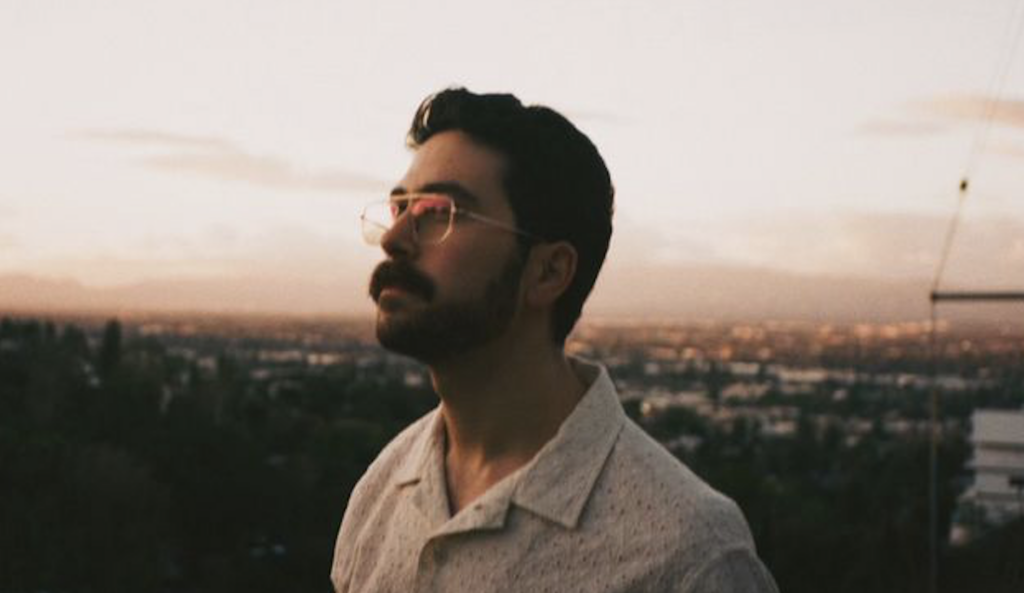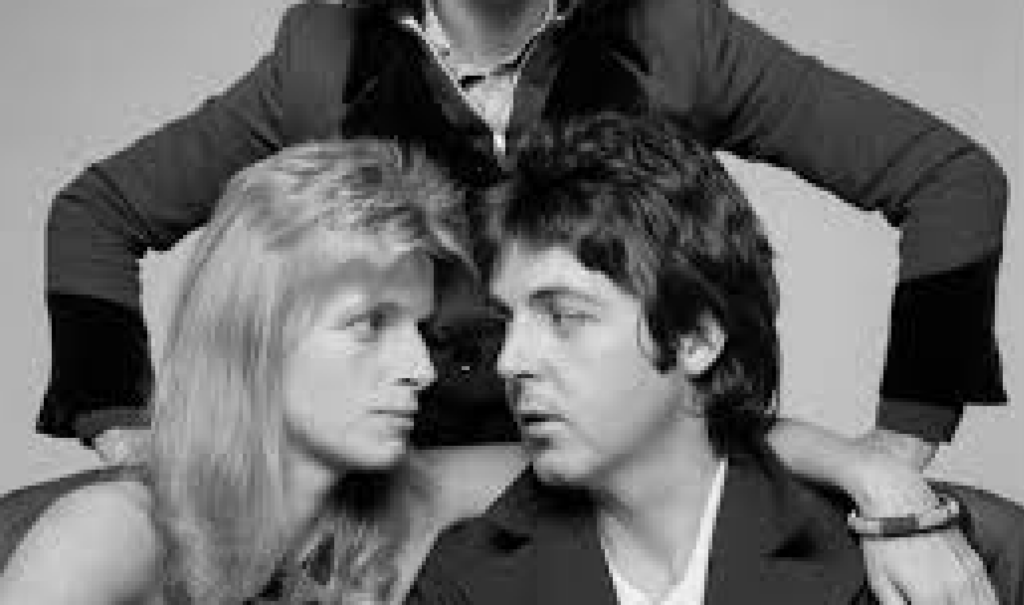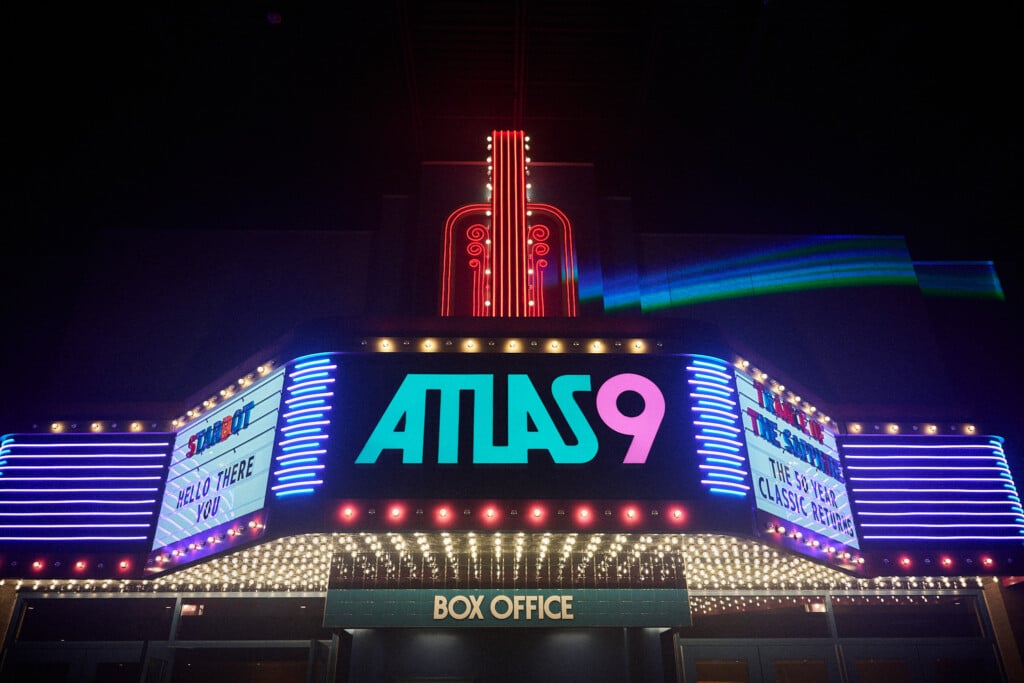Danny Boyle and Alex Garland return to U.K. rage for wildly ambitious 28 Years Later
What I wanted from this movie is not what the filmmakers wanted from this movie. Whether that's dead on arrival or a glorious playful mess is up to you.
In 2002, 28 Days Later hit cinemas and was, arguably, the most influential film a young Brock Wilbur would ever see. It wasn’t just something I liked or loved; it was a cornerstone of my personality. It made me change colleges that I had planned on attending, so that I could move from finance to film school. It made me believe in the possibilities of storytelling in a new media landscape where clever use of new digital technology would allow brilliant creators to eschew the entire studio system and make capital-C Cinema.
Later in life, I even filmed a standup comedy special called 28 Years Later, on account of the recording taking place the night of my 28th birthday. It is possible I still own some of the dot-coms that the film would’ve wanted for their marketing ahead of this new release, and I, for one, wish that they had reached out and given me a small payday. Neither here nor there, but I do have medical debt, and it would feel on brand for the undead IP to cover it.
28 Days Later changed my life. Admittedly, that was due to the exact time it hit, the conditions of my life, and what it was accomplishing technically… probably more so than the tale or the acting of the film—but that obviously ripped as well. It was with a small amount of dread and a great deal of anticipation that I greeted the news of a new film in the franchise—not because I needed this to measure up, but because I hoped it would be the kind of movie that might prove similarly transformative to a teenager adrift in a world of possibilities, like I had once been.
Completely separate from how “good” 28 Years Later is, it delivers on a spark—the idea of breaking all the rules and making a genre film so personal, so singular, that there’s no good direct comparison anywhere in pop-culture. I think, through a lens, this promises an infinite horizon, and ahead of all the shit I’m about to talk, that’s worth celebrating.
28 years after a viral outbreak decimated the mainland of England, both the infected undead and the rare human survivors remain cut off from the outside world. An international contingent of patrols makes sure that nothing comes in or out, and the rest of the world has moved on, leaving Britain to its own fate.
Spike (Alfie Williams) is barely a teenager, and he lives within a small island community off the northeast coast of England. His father Jamie (Aaron Taylor-Johnson) and reclusive mother, Isla (Jodie Comer) are among the inhabitants in a naturally protected village, where a causeway separates their small reimagined lives from the mainland, except for brief windows of access during low tide. Jamie is taking Spike out to gather supplies and get his first real zombie kills in what is supposed to be a coming-of-age day trip, but of course, that doesn’t go to plan.
Armed by only bows and arrows, the father/son team encounters mutated versions of the original infected (not really) zombies we know from the first few films—including bloated, slow-moving monstrocities and gigantic pack-leaders called ‘Alphas.” It’s here that we first encounter a running theme from the rest of the film, where director Danny Boyle and writer Alex Garland begin to divert tones, themes, filmmaking, world-building, and general narrative structure into an unhinged series of incongruous choices.
28 Years Later, after a fairly straightforward start, is a fucking mess. An inexplicable series of huge choices that no other filmmaking duo would choose in a 100 years. I believe that a lot of people will hate it, and I foresee a smaller number of folks to whom this will be among their favorite films of the year. I honestly couldn’t tell you which camp I’m in. Maybe both?
There are two different film-biz level things we need to note here. Garland has been off making films like Civil War and Warfare, and chunks of this fit perfectly into a trilogy for him of tactical tension. Boyle has been off doing much more Danny Boyle-esque things. That the two reteamed for this legacy sequel meant the men burying the hatchet on some multi-decade artistic disputes and sharing some central idea so imperative that they made the sacrifices needed to get this feature made. These two big creative personalities appear to have made space for shared creative control in 28 Years Later, and throughout that takes the form of a movie that is saying one thing while doing another. It comes off as befuddling. It also comes off as such a jarring dissonance that, in a return to the power of the original movie, you really have to think about every frame in front of you.
There are crushingly important themes here, including globalism vs. nationalism, humanity itself, the pros and cons of civilization, and the power of family—there is a mystifying amount of tender reflection and existential reconing throughout. There are also action sequences with kill-cams pulled from the latest Mortal Kombat game, drunken parties, and even the sort of gamification of evolved, nicknamed zombie variants that, again, gives the whole affair a decidedly first-person shooter shift.
The other big piece of industry information to consider around 28 Years Later is that it is the first film in a new trilogy of films, based around this set of characters, with a second installment already shot and headed to theaters in less than a year. Without any indication of a “Part One” in the title or marketing, this story abruptly cuts off, leaving on maybe the year’s most perplexing final two minutes in a major motion picture. The gap here between the focus and themes of this film, the side stories, the places where we leave off… it makes it impossible to weigh in on whether significant chunks of this movie work. As they stand? There are a few things here that might as well have infected me with the rage virus by proxy. I couldn’t explain to anyone else I know in a manner that makes me less confused. But when I see the next half… will that all change? Is this trilogy doing three-dimensional chess to blow me out of the water? I’d love that! What was shown in this two-hour first chunk is, in a vacuum, a puzzle with no edge pieces.
As our film editor Abby Olcese put it in conversation with me, there is certainly an edit of this film where all the loose threads are removed and you’re left with a stand-alone movie that (we agree) it solid, charming, scary, and fucked-up in ways we couldn’t have been prepared for. 28 Years Later has a tremendous semi-horror with heart tale, that like its predecessors and The Last of Us leans heavily on the idea that demon monsters are covering the earth, but they mostly exist in the background, just to heighten the complex machinations of mankind and our arguably more monstrous tendencies.
Shot by Anthony Dod Mantle, the movie’s visual textures are intoxicating. The dynamic muscularity of the camerawork is matched by Jon Harris’ similarly agile editing, laced with nerve-jangling smash cuts. Johnnie Burn’s enveloping sound design works in seamless tandem with the wide-ranging score by Scottish indie art pop/alternative hip hop outfit Young Fathers. Technical marvels abound, and they only enhance an experience that—and I never use this in a complimentary way—I could never possibly guess where the film would be taking us 15 minutes into the future.
28 Years Later is singular as a 2025 trip to the cinema, and will probably be the kind of thing we’re talking about for years to come. It’s also thankfully not singular, in that I would kill a man to see Part Two before winter hits, but whenever it does roll through I can only hope it challenges me, and the audience, with as much cognitive brutality as visceral violent brutality.
I wanted something specific from 28 Years Later. What we all get instead is the least predictable studio genre flick of the year. Now, despite my better instincts, I want more of this instead.






